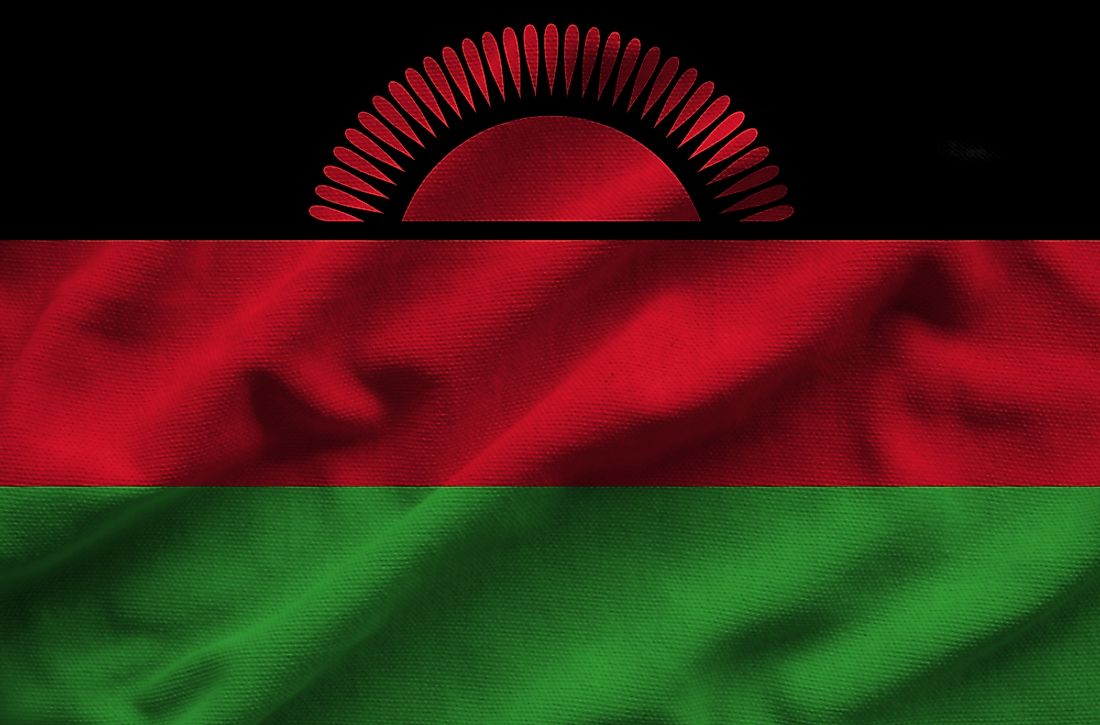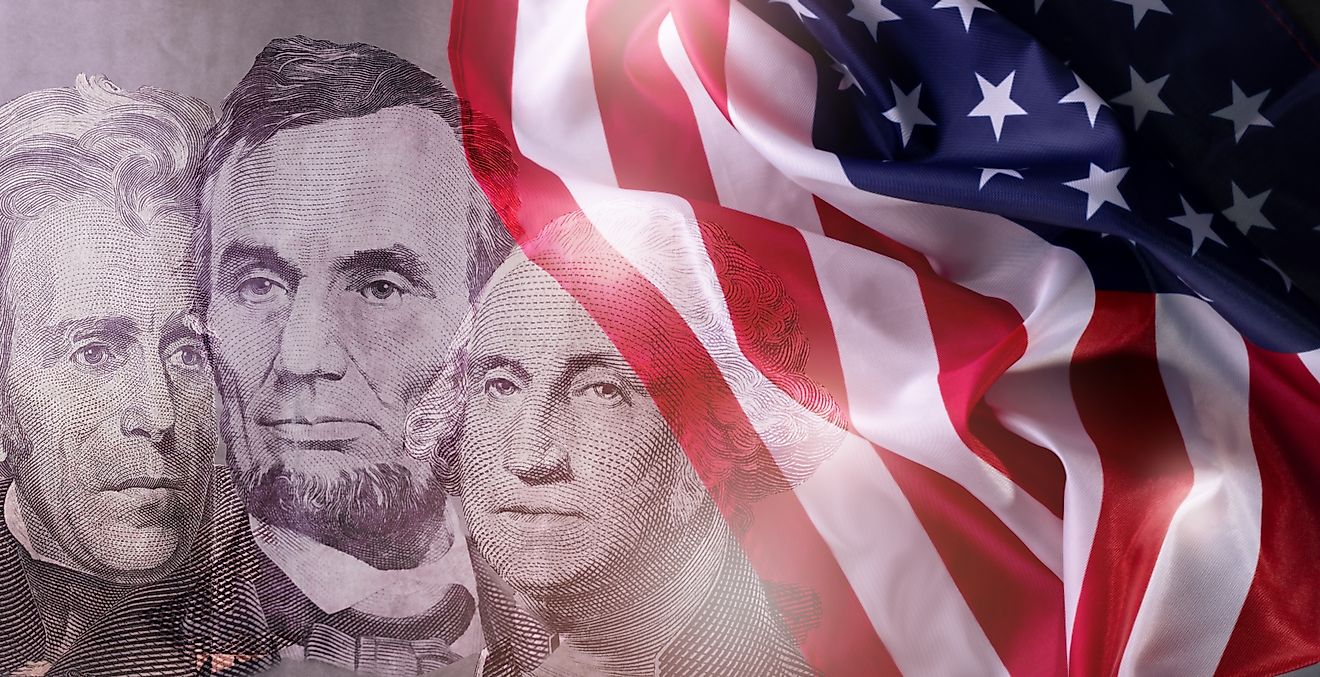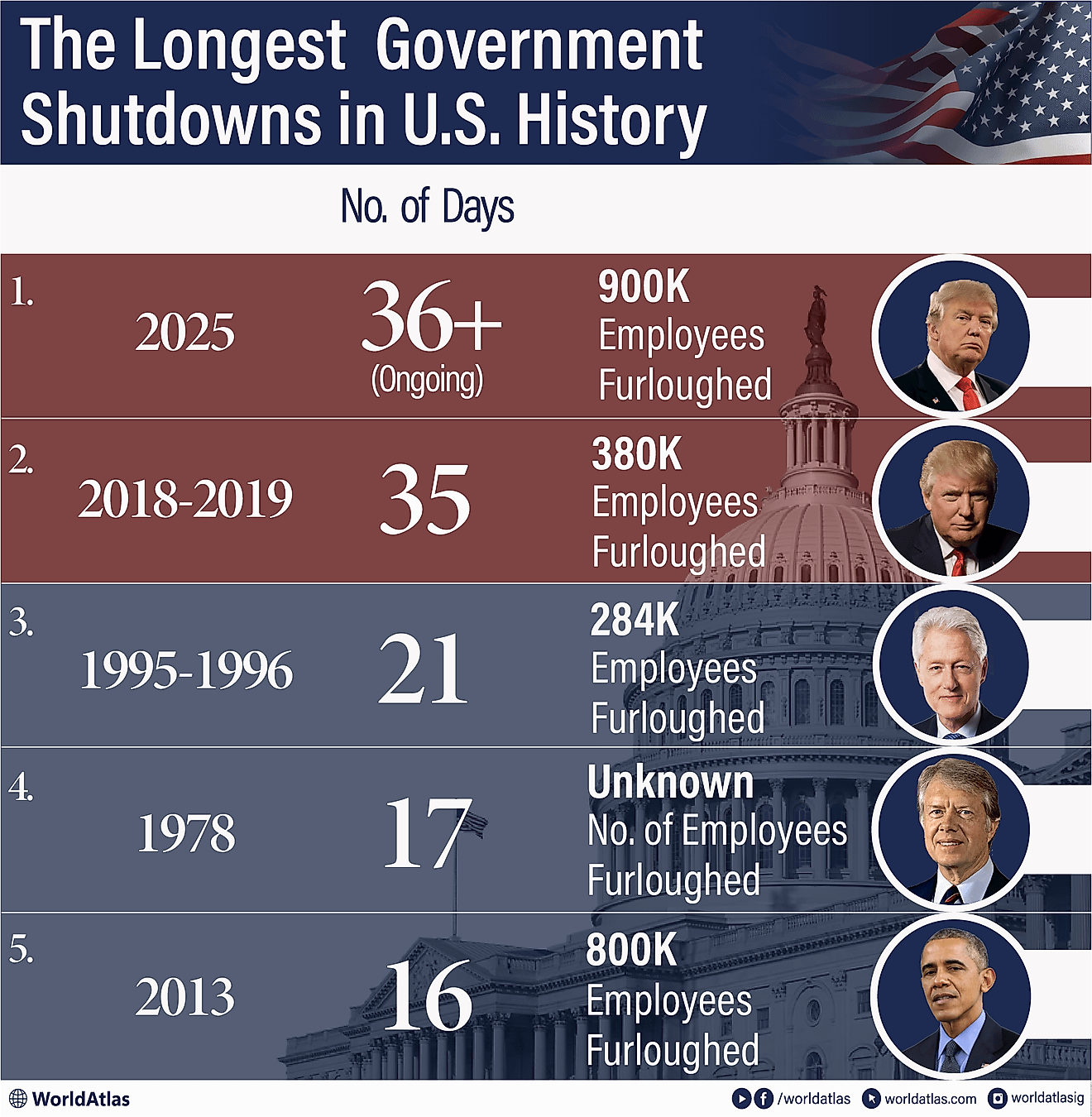What Type Of Government Does Malawi Have?

What Type Of Government Does Malawi Have?
Malawi is among the smallest nations in Africa with an estimated area of 45,500 square miles and a population of 17 million people. It is a democratic country with a multi-party system. The country is composed of three regions that are further divided into 28 administrative divisions known as districts, 250 traditional authorities, and 110 administrative wards. The politics of Malawi is carried out in the context of a presidential representative democratic republic. The Constitution of Malawi that was put into place in 1995 recognizes three branches of government; executive, legislative, and judicial.
The Executive
Malawi is a multiparty democracy with the executive powers excised by the government. The executive branch of government is led by the president who is also heads the government and is also the chief commander of the Defense Force. The Constitution of Malawi refers to the president as the Chief of State. The president is chosen through a direct election by the people of Malawi for a period of five years. The vice president is also elected together with the president during the presidential election. The president is at liberty to appoint a second vice president but from any other party apart from the ruling party. The executive branch also includes cabinet ministers who are appointed by the president. The cabinet ministers can be drawn from within parliament or outside. The current executive branch is headed by President Arthur Peter Mutharika who was elected into office in 2014.
Legislature
The legislative branch of Malawi has a unicameral parliament. The National Assembly has 193 legislatures who are elected to a five-year term. The constitution also has a provision for a Senate of 80 seats but the Senate has not been established to date. If created, it will mainly consist of traditional leaders and other geographic districts as well as other special groups such as people with disabilities, youths, and women. The National Assembly is headed by the Speaker who is elected by the Members on the first sitting after a general election. The National Assembly is responsible for strengthening democracy and good governance in Malawi through functions such as enacting legislations, maintaining oversight of the executive, and representing the interest and inspirations of the constituents. The current parliament is composed of Members drawn from nine political parties with the Democratic Progressive Party as the ruling party.
Judiciary
The judiciary of Malawi interprets and applies the laws of Malawi and provides for a mechanism for the conflict resolution. The legal system in the country is based on the English Law that has been modified since 1969. The judiciary is composed of Magistrate Courts, High Court, and Supreme Court of Appeal. The Supreme Court is made up of the Chief Justice and nine other justices. The High Court can handle any civil or criminal case and has a general division with hears appeals from the subordinate courts. The Subordinate Courts include Industrial Relations Court which handles mainly employment related issues. Others include magistrate and local courts. The subordinate courts may handle criminal cases except for treason and murder.
Local Government
The local government is composed of three regions subdivided into 28 districts. The regions are administered by regional administrators while the districts are administered by the district commissioners. The local government is appointed by the central government.











